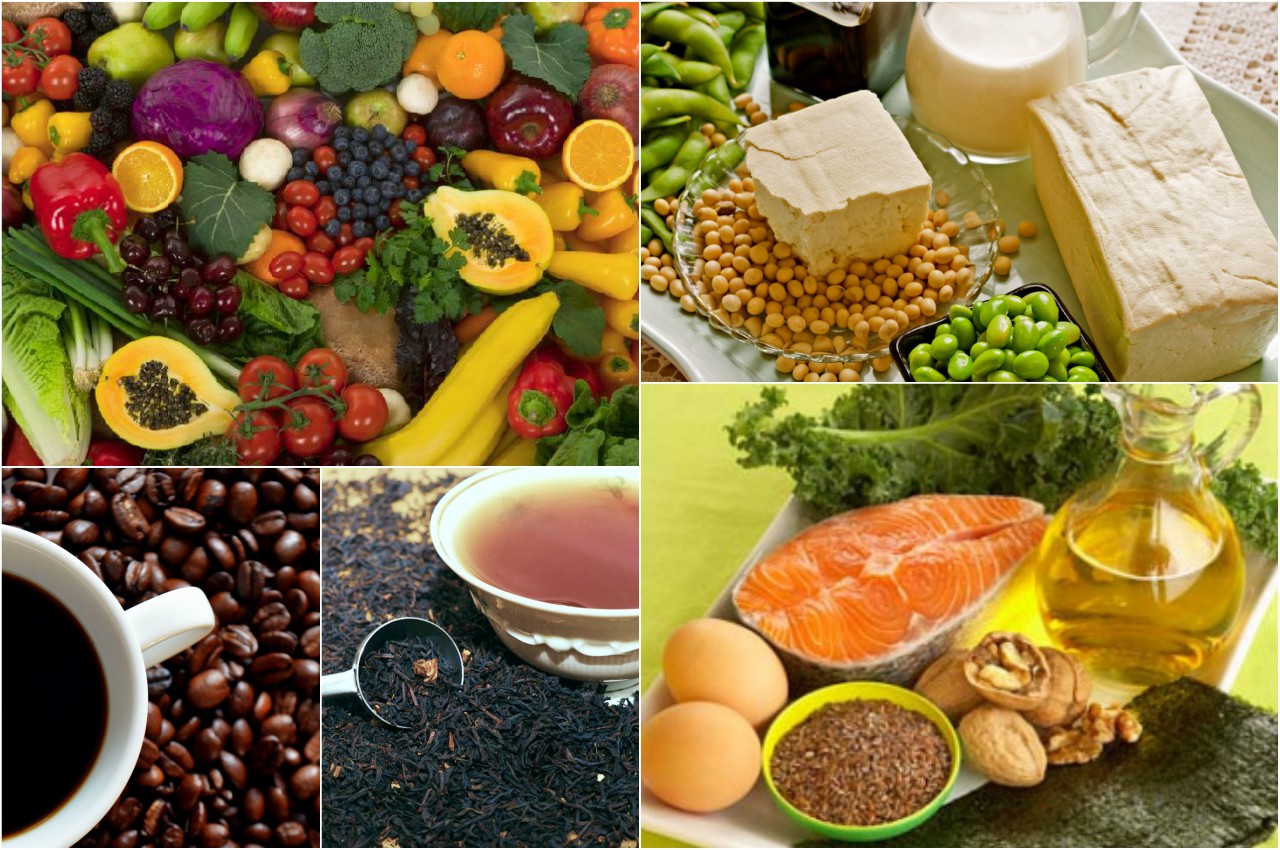A survey-based research conducted by The Parkinson Alliance found that nutrition and diet can have a significant impact on one’s health and general sense of well-being, especially for for people with Parkinson’s disease. Some foods can impact the absorption of medications used to treat Parkinson’s disease and can impact parkinsonian symptoms. Conversely, Parkinson’s disease symptoms and medications can impact one’s eating behaviors and nutritional status.
The results reinforce the need for a holistic and interdisciplinary approach to addressing the needs of individuals with Parkinson’s disease. The neuropsychologist suggested that, in addition to speaking with a movement disorder specialist, it is recommended that individuals with Parkinson’s disease speak to a registered dietitian and a speech language pathologist regarding food and nutrition and the relationship with symptoms of Parkinson’s disease and medications.
Recommended Nutrition & Diet for Parkinson’s Disease Patients
There is an increasing body of literature that suggests neuroprotective benefits of certain food groups in Parkinson’s disease, including phytochemicals (biologically active chemical compounds found in plants), omega-3, soy, caffeine, and tea.
Epidemiological and biochemical studies suggest that inclusion or exclusion of certain food groups may elicit neuroprotection or neurodegeneration. Foods shown in the red promote neurodegeneration and foods in green promote neuroprotection. Foods shown in the middle (or yellow) part of the spectrum have conflicting results and need to be studied further to assess if they play a role in neurodegeneration or neuroprotection.
- Phytochemicals found in fruits and vegetables possess antioxidant properties, and have been found to reduce the rate of Parkinson’s disease progression or risk. This is particularly important as research pertaining to brain structures involved in Parkinson’s disease suggests metabolic failure in antioxidant processes that can lead to or exacerbate parkinsonian features.
- While there are no studies that address whether omega-3 polyunsaturated fatty acids (PUFAs) are neuroprotective for Parkinson’s disease, studies have found that omega-3 supplements reduced depression in Parkinson’s disease patients, reduced cell death in dopaminergic cells, and decreased levodopa-induced dyskinesias (involuntary muscle movements) in parkinsonian primates by up to 40%.
- Animal studies suggested promise of neuroprotective benefits of soybean as a protein for prevention of Parkinson’s disease in postmenopausal women.
- Caffeine from both coffee and non-coffee sources (i.e., dark chocolate) has a reported inverse relationship with Parkinson’s disease, and has been found to be neuroprotective against dopaminergic degeneration and toxicity in animals. Notably, estrogen can adversely limit the neuroprotective capabilities of caffeine, with greater improvement in male Parkinson’s disease patients and post-menopausal women not on hormone replacement therapy compared to females. High caffeine intake was found to have a relationship with a higher risk of Parkinson’s disease among women using hormones.
- Several studies indicated that regular tea consumption is neuroprotective against Parkinson’s disease. One study associated delayed onset of Parkinson’s disease motor symptoms (i.e. tremor, slowness of movement, swallowing difficulties, etc) with drinking more than three cups of tea daily. Unfortunately, these studies did not distinguish between use of green versus black tea, though animal models have revealed neuroprotective impact of both types of tea for Parkinson’s disease.
- Food can also increase risk and progression of Parkinson’s disease. For example, there is a strong positive association observed for milk consumption (but not cheese or yogurt) and increased risk of Parkinson’s disease.

Source: dbs4pd.org
Read also:
8 Strawberries a Day for a Better Heart, Mind & Body
Muscadine Grape Shows Promise in Fighting Cancers










